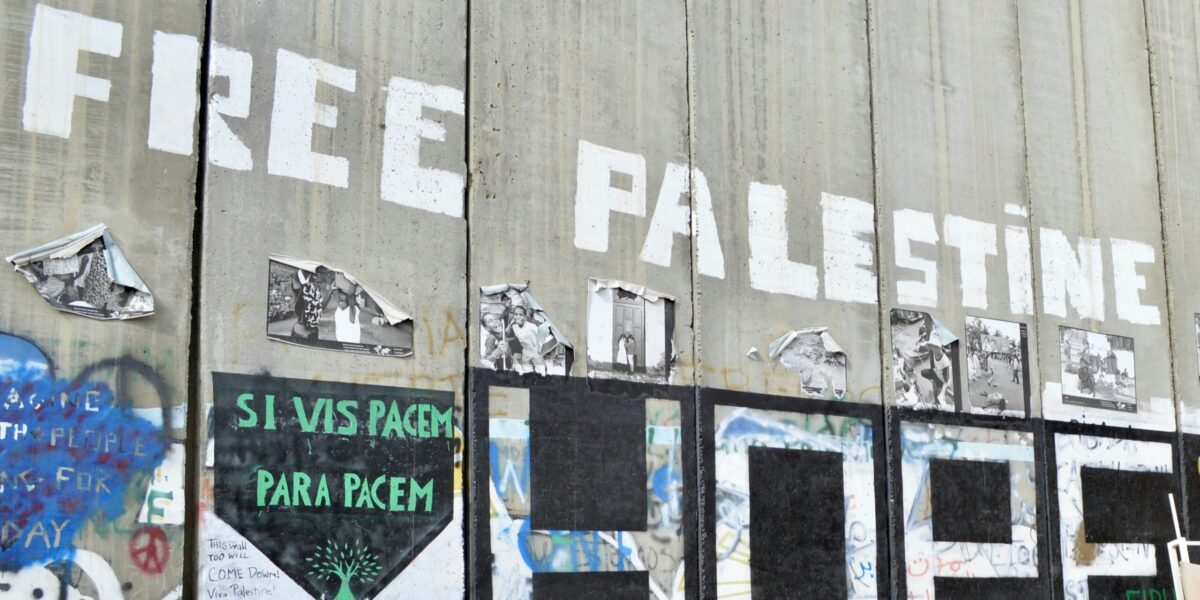A year has elapsed since Israel began its relentless bombardment of Gaza. As of August 2024, 40,000 people were confirmed to be dead, though the actual death toll was estimated to be as high as 186,000. Approximately 1.7 million people have been displaced. Gaza’s healthcare infrastructure has been all but destroyed and Gaza now has the highest rate of child amputees in the world. The destruction of Gaza’s wastewater management systems and blockade on humanitarian aid has contributed to rising rates of famine and disease.
These horrors have unfolded with the knowledge and complicity of the international community, including Canada, who continues to supply arms to Israel. Though Canada voted in favor of the UN resolution for a humanitarian ceasefire in December 2023—a decision that was applauded by numerous human rights organizations—it has taken few, if any, meaningful steps to bring an end to Israel’s siege on Gaza and killing of Palestinians.
The same month as it voted in favour of a ceasefire, Canada also opposed South Africa’s application to the International Court of Justice (ICJ) in December 2023 seeking the imposition of provisional measures to prevent Israel’s attacks on Gaza. Despite being a signatory to the Genocide Convention, Canada stated that “compelling evidence” would be required to demonstrate an intention to destroy or partly destroy a group because of nationality, ethnicity, race or religion.
In January 2024, the ICJ ordered six provisional measures including an order for Israel to refrain from acts under the Genocide Convention, prevent and punish the direct and public incitement to genocide, and take immediate and effective measures to ensure the provision of humanitarian assistance to civilians in Gaza. Canada maintained its objection to the ICJ application, reiterating that its “support for the ICJ does not mean that we accept the premise of the case brought by South Africa” while counter-intuitively registering its position that “parties to any conflict must protect civilians and respect international law”.
Despite the ICJ’s follow-up report in March 2024 in which it ordered Israel to take all necessary steps to ensure the unhindered provision of food, water, electricity, fuel, shelter, clothing, hygiene and medical supplies to Palestinians, Canada has maintained its opposition to the application.
In addition to preventing Israel from being held accountable before the ICJ, Canada has continued to lend financial support to Israel. In the first two months of Israel’s attack on Gaza, Canada is estimated to have authorised $28.5 million of new permits for arms exports to Israel. As one report notes, this exceeds the 2021 record high of $26 million in Canadian military exports to Israel in 2021. More recently, Canada was said to have “blocked” arms exports to Israel; however, this does not include the cancellation of existing permits, which may be in the range of 200.
As long as America continues to supply Israel with military aid (which is estimated to be in the range of $3.8 billion, annually), the actions of other global actors are unlikely to bring an end to the cycle of violence. But that is no excuse for the continued contravention of international law. As a party to the Genocide Convention, Canada is obligated to take measures to prevent and punish the crime of genocide. Customary international law and the Geneva Convention prohibit states from transferring weapons or parts if it is expected that they could be used to violate international law. Canada must make good on its commitment to ensuring the protection of human rights by immediately ending the transfer of weapons to Israel and advocating for the protection of human rights in Gaza.



